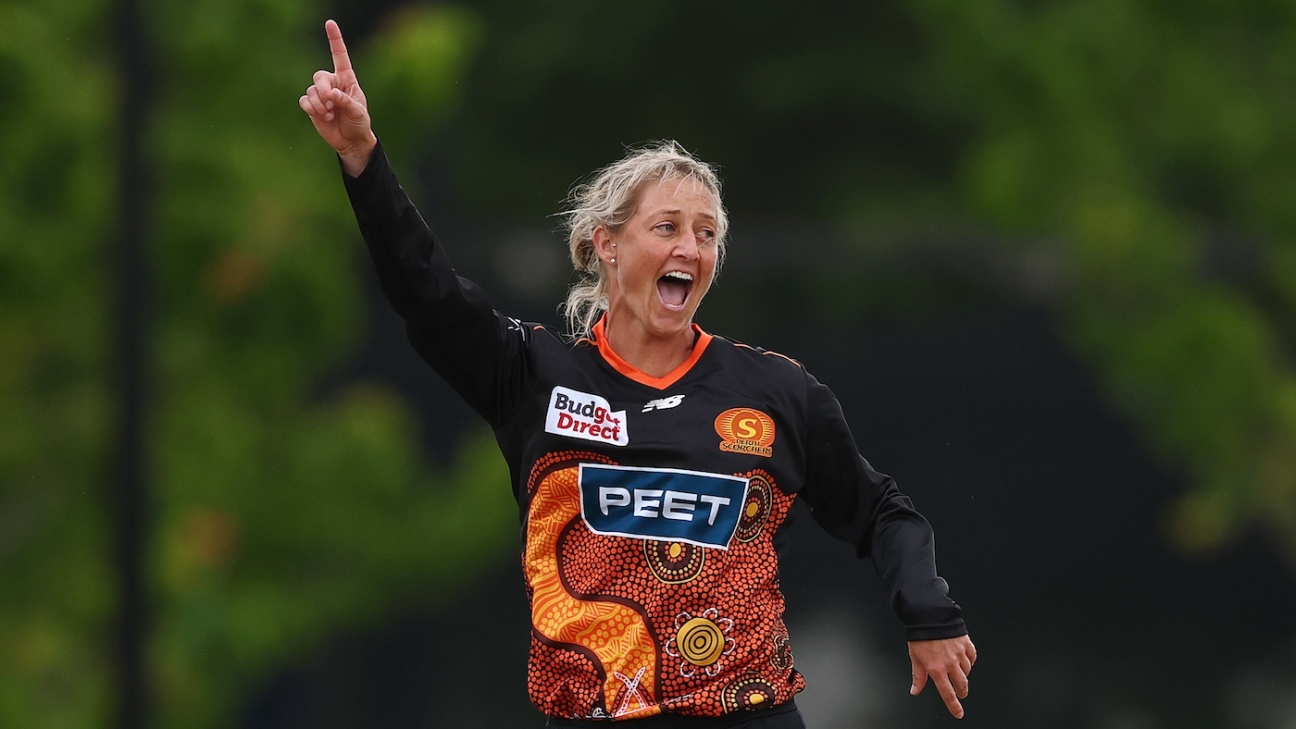
The BDN Opinion section operates independently and does not set news policies or contribute to reporting or editing articles elsewhere in the newspaper or on bangordailynews.com
Andy Lilienthal is the owner and director of Camp Winnebago in Fayette and a member of the Portland Museum of Art board of trustees.
Art gives us the chance to see the world through the eyes of someone else, providing a glimpse into their lives, history and experiences, which can be profoundly different than our own.
Access to art — to be up close, to see for yourself — is uneven, and traditionally has been reserved for people of means.
But that’s changing.
The Portland Museum of Art is proud to be part of The Maine Art Museum Trail, a 350-mile tour through the state that connects nine amazing museums and more than 80,000 works of art. From the Linda G. and Donald N. Zillman Art Museum in Bangor down to the Ogunquit Museum of American Art, Mainers are never too far — by Maine standards at least — from a world-class museum.
At the Portland Museum of Art, we made our mission Art for All. What does that mean? It means we have committed to providing programming that gives new artists opportunities and breaks new ground.
For example, as the first-ever major retrospective of a Wabanaki artist in a fine art museum in the United States, “Jeremy Frey: Woven” is a groundbreaking exhibition in contemporary and Indigenous art. Featuring more than 50 baskets, made from natural materials like black ash and sweetgrass, “Woven” presents a comprehensive body of work that spans a career of more than two decades.
These works are intricate, mesmerizing and expressive, emphasizing Frey’s prodigious skill and prolific creative output that honors and transforms one of the oldest art forms.
And in October, the Portland Museum of Art will launch “As We Are,” a dynamic snapshot of contemporary art featuring 14 emerging artists connected to Maine. Among these artists is photographer Maya Tihtiyas Attean, who grew up on the Alnabe Menahan, the Penobscot Nation Reservation, and is currently working in Portland.
Attean uses photography to create art reflecting her ancestry, resiliency and culture, and, like all her peers in this exhibition, has participated in Maine’s rich artist residency program.
In 2023, both Attean and ceramicist Jenny Ibsen were artist residents at Hewnoaks Artist Colony in Lovell, during a year painter Meg Hahn was among the residency jurors. Two years prior, sculptor Brian Smith was attending Hewnoaks; and Hahn herself is also a residency alumnus, having attended in the same year as painter Tessa Greene O’Brien.
This level of overlap is seen throughout this upcoming exhibition. From exhibiting at Rockland’s Center for Maine Contemporary Art, to attending and teaching at the Maine College of Art and Design, it will be just as hard to find a part of Maine artistic heritage not on display in “As We Are” as it would be to try to list it all.
Putting on ground-breaking exhibitions is one part of providing Art for All, but that alone doesn’t go far enough. Every third Thursday of the month, the Portland Museum of Art is free and operates with extended hours, staying open until 8 p.m. and includes musicians, food trucks, artists and more.
The museum also offers free admission from 4 to 8 p.m. on Fridays, with concerts, special events and activities. And thanks to the generosity of Susie Konkel, everyone age 21 and under is always free.
The Portland Museum of Art believes that the cost of admission should never be the barrier that keeps someone from exploring a new world of art.
And it is this commitment that has led the museum to develop a long-range strategic vision for the future that ensures that we can continue to bring art to the people of Maine while also creating a welcoming community-centered space.
The PMA Blueprint lays out that vision, and includes the expansion of our campus in Portland. Through a long, transparent process and lots of stakeholder feedback, we have developed an ambitious and pioneering plan.
With the expansion, the museum will be able to expand our collection, create an accessible public space for the Maine community and expand access to art for people who haven’t always had the chance to enjoy it.
With support from the Portland City Council, the museum’s expansion plans are moving forward, though there remains much work to be done.
The Portland Museum of Art has changed significantly since it was founded in 1882. So has Portland and so has Maine.
Our hope is that with this change comes greater access to art, a greater appreciation for new artists and new art forms, more exhibitions that more closely resemble the people in Maine and a community space that welcomes all people to enjoy seeing the world through the eyes of someone else.











